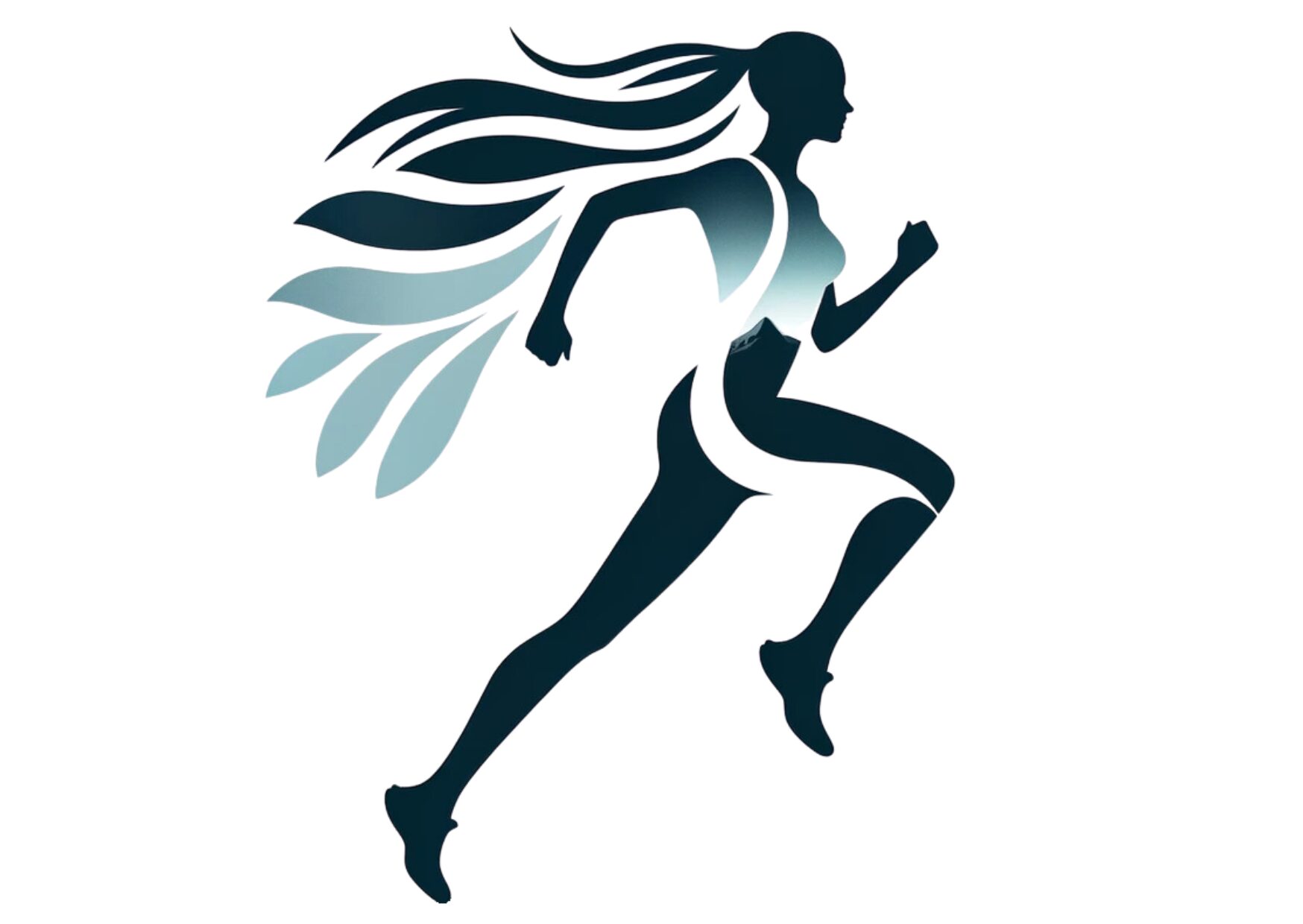One of the most empowering things about running during menopause is that it doesn’t have to stop; it just evolves. Running can stay with you through every stage of life. Whether you’re dealing with the ups and downs of perimenopause, settling into menopause, or just noticing the subtle shifts that come with midlife, running can be a steady, grounding force. It’s a way to reconnect with your body, clear your mind, and remind yourself that you’re still strong—just in new ways.
But let’s be honest: running in your 40s, 50s, and beyond doesn’t always feel the same as it did in your 20s or 30s. Hormonal shifts, fatigue, changing body composition, and joint stiffness can all affect how you feel on the run.
But the good news: joy is still there. You might just need to change how you approach your running routine to find it.
Running can be a steady, grounding force when everything else feels like it’s shifting. It’s a way to reconnect with your body, clear your mind, and remind yourself that you’re still strong
How Running During Menopause Supports You Through Midlife
As estrogen levels decline, many women notice changes in mood, metabolism, sleep quality, and overall energy. Running is one of the most powerful tools you have to counter those shifts. It lifts your mood, boosts endorphins, supports heart health, helps maintain muscle mass, and even improves sleep.
Running during menopause also helps regulate blood sugar and supports bone density, both of which become more important as we age. And from a mental standpoint, it can offer something priceless: clarity, calm, and a sense of control in a body that sometimes feels unpredictable.
Shifting Your Mindset: Less Pressure, More Presence
One of the biggest mindset shifts in midlife running is letting go of performance expectations and focusing on how running makes you feel. Maybe you’re not chasing PRs anymore. That’s okay. What if your goal now is consistency, connection, and enjoyment?
You might find more joy by:
- Exploring new running routes
- Listening to music or podcasts that inspire you
- Running with a friend or local group
- Trying trail running or walk-run intervals
- Signing up for a fun race without focusing on your time


Listening to Your Body (and Respecting It)
During perimenopause and menopause, your body may ask for more rest. You may need to warm up more thoroughly, take longer recovery days, or modify your training. That’s not a sign of weakness. It’s a sign of wisdom.
Prioritize what makes you feel good. Stretch after your runs. Add strength training to support your joints and bones. Sleep more. Fuel well. Hydrate like it matters (because it does).
Redefining Success
Running strong over 40 doesn’t have to mean running fast or far. It can mean showing up even when your day is full. It can mean taking a gentle jog to clear your head. It can mean being grateful for what your body can still do, even if it looks different than it used to.
The joy is in the movement itself. The fresh air. The rhythm of your breath. The reminder that you’re still here, still strong, still moving forward.


Leave a Reply